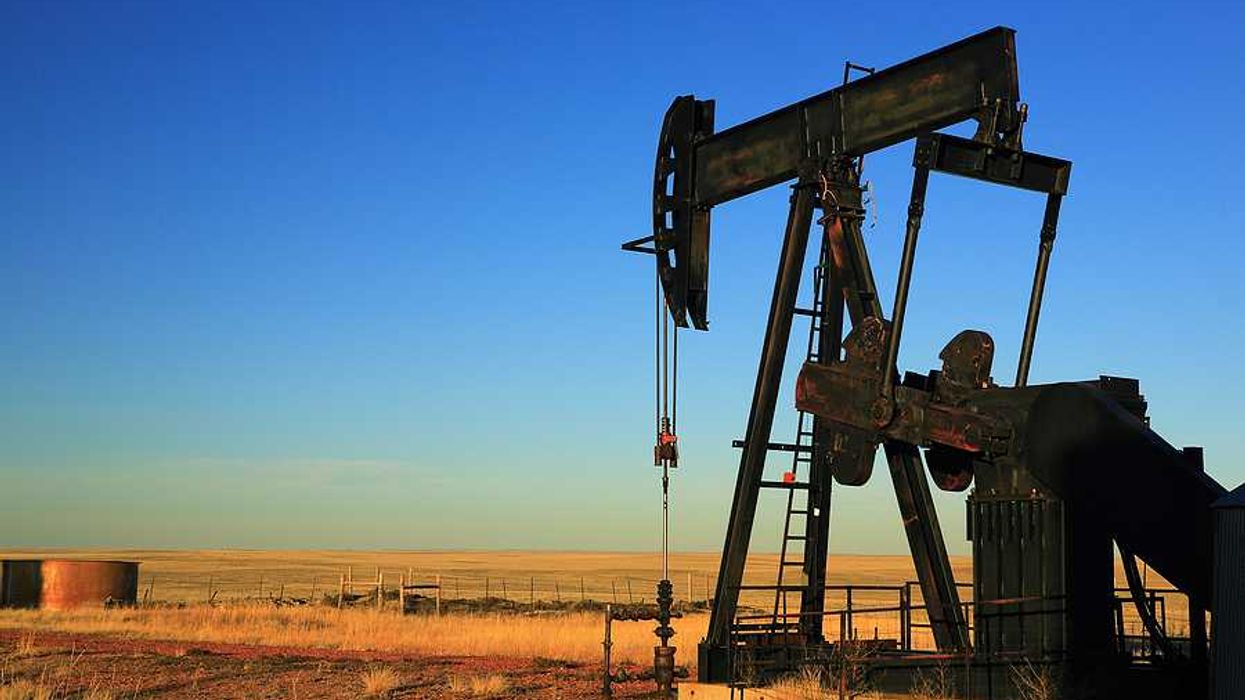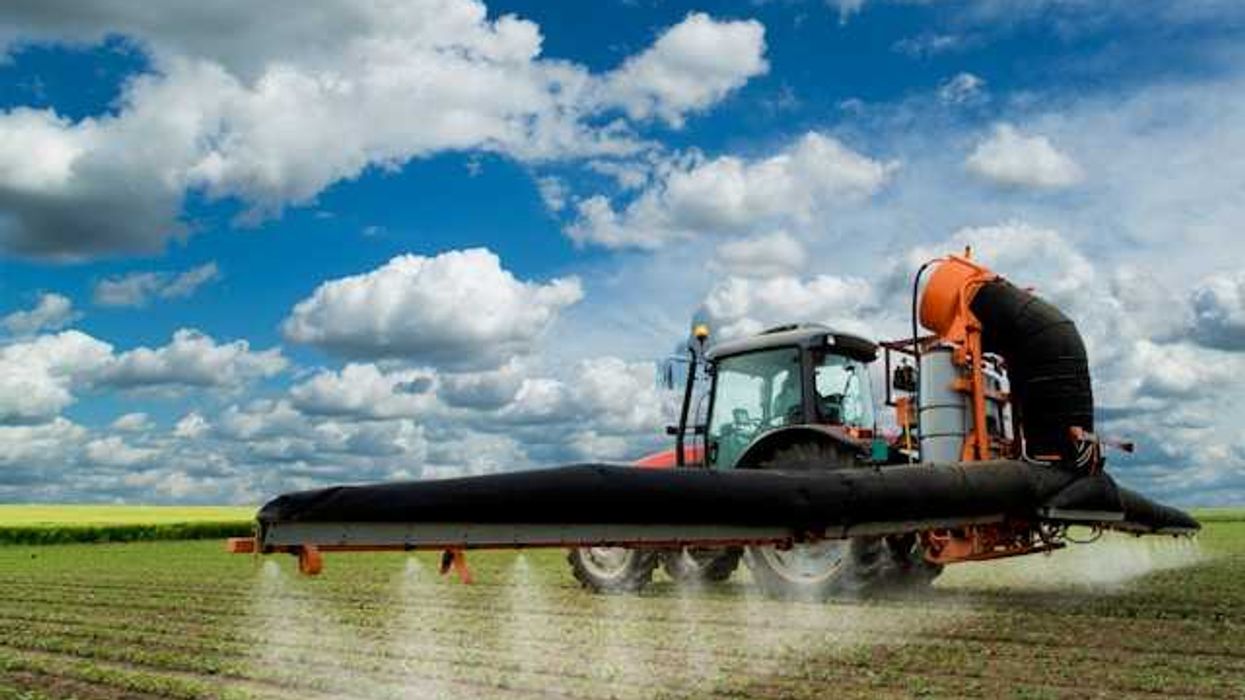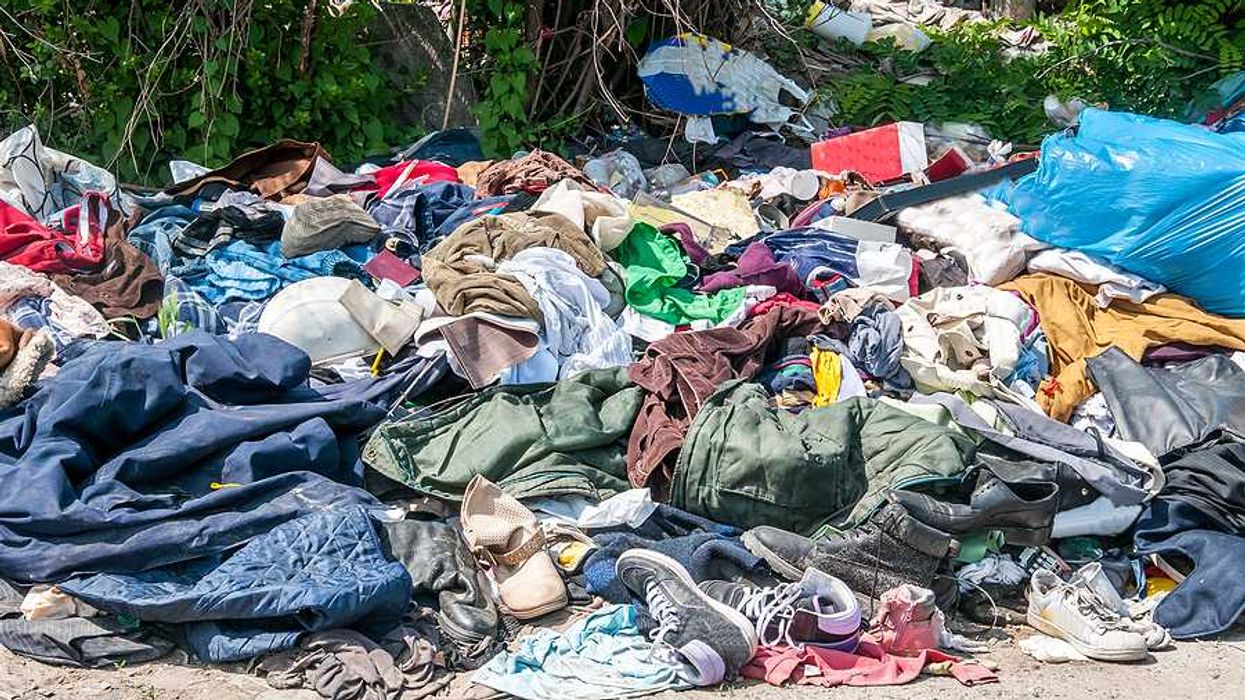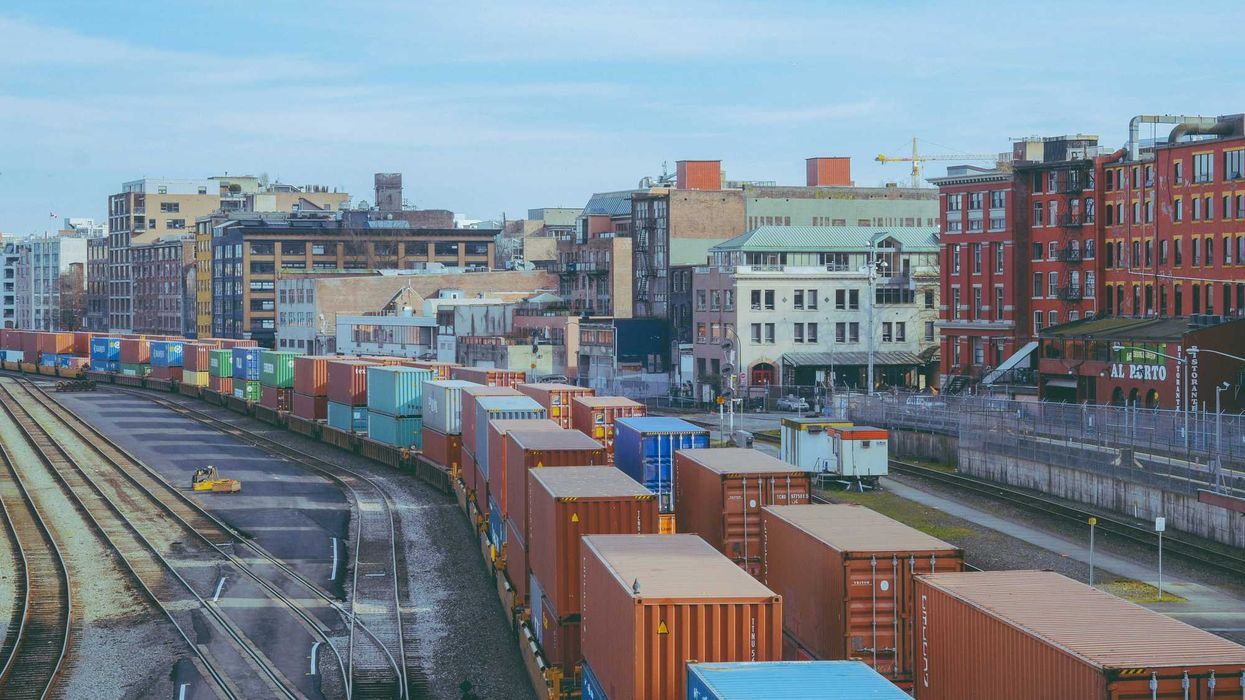An investigation found that 70% of soft plastics collected by UK supermarkets for recycling were incinerated rather than recycled, exposing misleading claims about sustainability efforts.
Sandra Laville reports for The Guardian.
In short:
- 70% of soft plastic collected by Sainsbury’s and Tesco was burned for energy instead of being recycled.
- Supermarket recycling programs have been called diversions from the core problem: excessive plastic packaging.
- The UK exported 600,000 tonnes of plastic waste in 2023, mostly to Turkey and the Netherlands.
Key quote:
“The takeback schemes are being presented as a solution, which is diverting attention from the main issue that can’t be overlooked: far too much unnecessary plastic packaging is being produced.”
— Alison Colclough, Everyday Plastic
Why this matters:
Supermarket recycling programs often give consumers a false sense of environmental responsibility while failing to address the overproduction of plastic. As plastic waste grows, these schemes cannot keep up with sustainable processing, leading to pollution and increased reliance on incineration.
Related EHN coverage of a related plastics problem:














